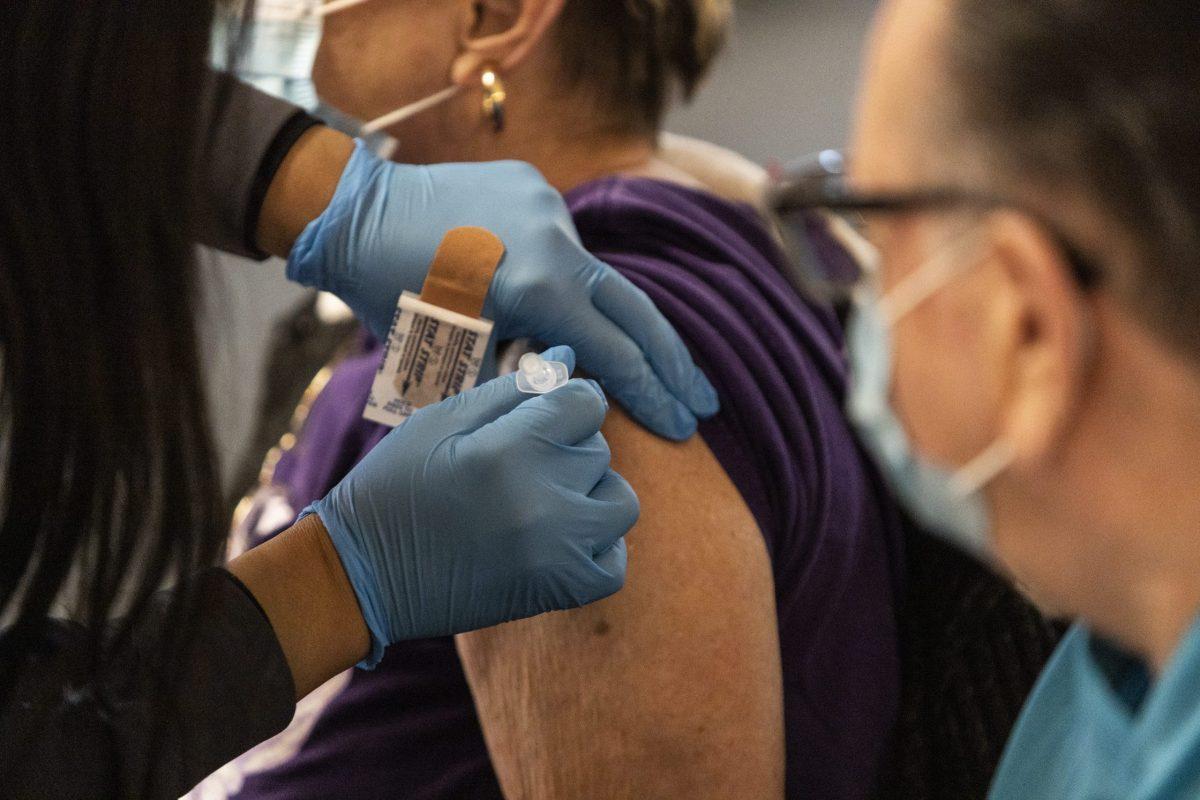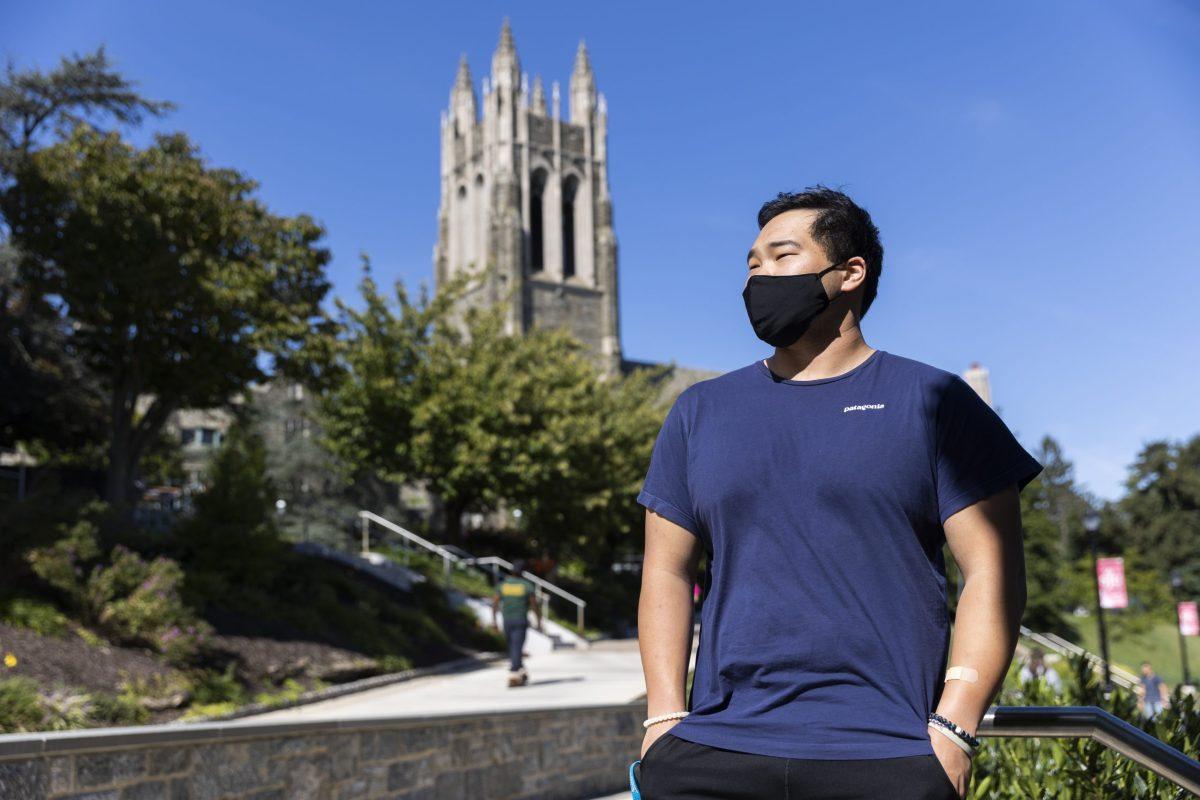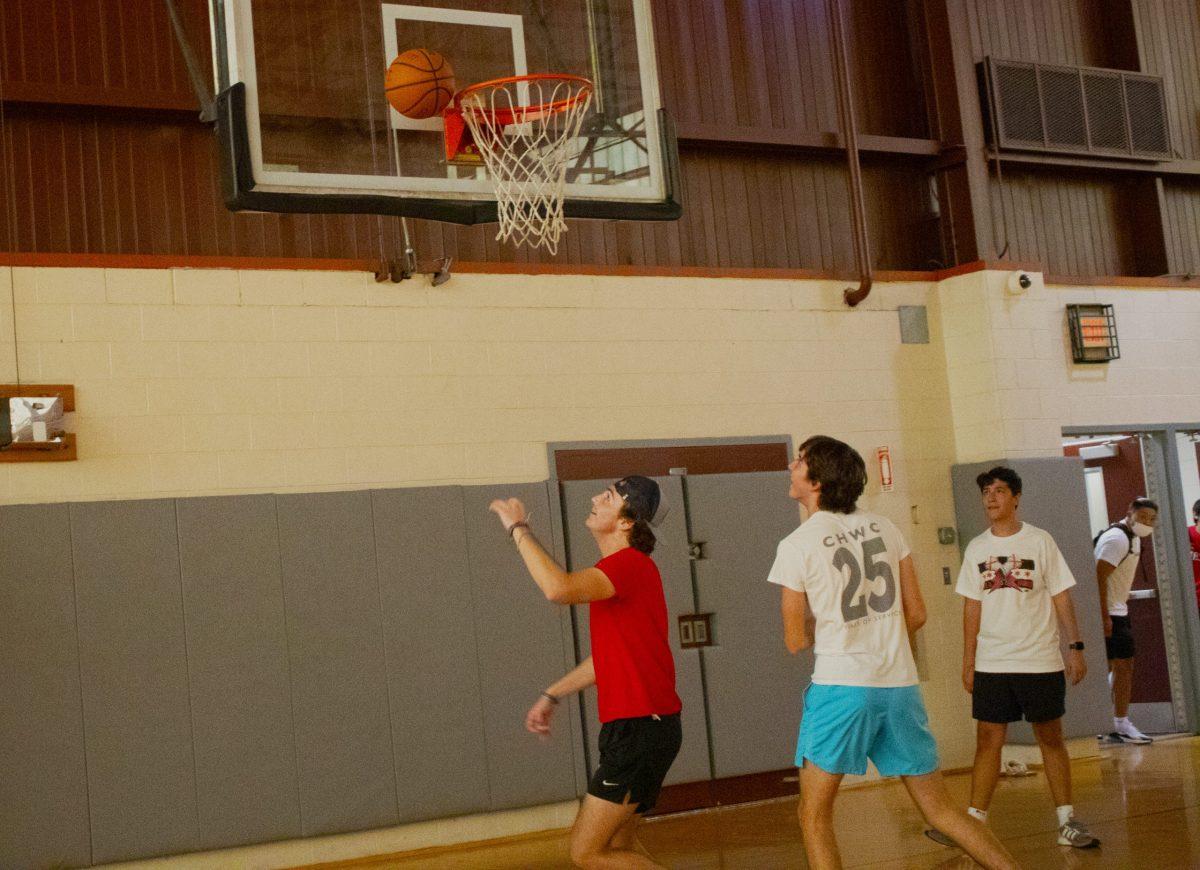Universities across the U.S. are grappling with decisions about whether students should be required to show proof of vaccination prior to their return to campus for the fall 2021 semester.
U.S. President Joe Biden revised the deadline for states to make every adult eligible for the coronavirus vaccine. In response the state of Pennsylvania announced that all Pennsylvanians would be eligible to be vaccinated by April 19, later revising the plan and expanding eligibility to all adults on April 13. With more citizens now eligible for the vaccine, universities have the power to mandate proof of vaccination as they have with other vaccinations such as the measles, mumps and rubella (MMR) vaccine.
St. Joe’s has not yet issued any requirements that students show proof of vaccination for the fall 2021 semester.
According to an April 7 university announcement, Zenobia Hargust, chief Human Resources officer and Cary Anderson, Ed.D., associate provost and vice president of Student Life, wrote that community members can voluntarily disclose their vaccination status through an online reporting form. Because of the vaccines’ current conditional approval under Emergency Use
Authorization (EUA), the university will not yet mandate students to prove vaccination.
“When the vaccines have full approval, the University will reevaluate whether the vaccine will be required for students,” Hargust and Anderson said. “As with other vaccinations, employees will not be required to show proof of immunity.”
Dr. Anthony Harris, M.B.A., M.P.H., is the chief innovation officer and associate medical director for onsite clinical operations at WorkCare, a global occupational health organization helping other organizations manage employee health. Harris said because many institutions of higher education are following the lead of the federal government, they are not mandating the vaccine for community members.
“The military is not requiring the vaccine for the same basis, that it’s EUA and not for FDA approval,” Harris said. “But if the opinion comes down that EUA is acceptable from a legal standpoint as full approval, then we will likely see that change.”
However, other universities have already started implementing vaccination plans for fall 2021.
Rutgers University announced in a March 25 statement that all students returning to campus for the fall 2021 semester are required to show proof of vaccination.
According to the statement, the university has been approved by the state of New Jersey to offer on-campus administration clinics and will then be able to help administer vaccines once supplies become available.
Harris said while a university can be approved by a state to administer the vaccine, they can also go through a private distributor.
“One way to do that is to do it in concert with a local vaccine provider, such as a local pharmacy, that’s authorized to provide the vaccine,” Harris said. “Then, the hurdle doesn’t become acquiring the vaccine, only the administration, which local pharmacies have been successful in doing.”
Anderson wrote in response to written questions from The Hawk that the university did not apply to become a vaccination site through the Commonwealth of Pennsylvania.
“Very early on we made our interest known to the City of Philadelphia, which is a separate vaccination governmental entity and the location in which St. Joe’s is located,” Anderson said. “Once the official application was made available, it became clear that St. Joe’s did not have the clinical infrastructure to run a vaccination site.”
Anderson said the university is now looking to partner with other entities to help bring the vaccine to campus.
According to Harris, 80% of a population, like a college community, needs to be vaccinated or immune to COVID-19 to reach herd immunity. Dr. Brittany Busse, medical director at WorkCare, said this is why it is crucial for individuals to receive a vaccine.
“By getting a vaccine, each individual has a power to help prevent severe disease in our community,” Busse said. “It’s really important that we highlight for people that this is public health, not just personal health decisions.”












































